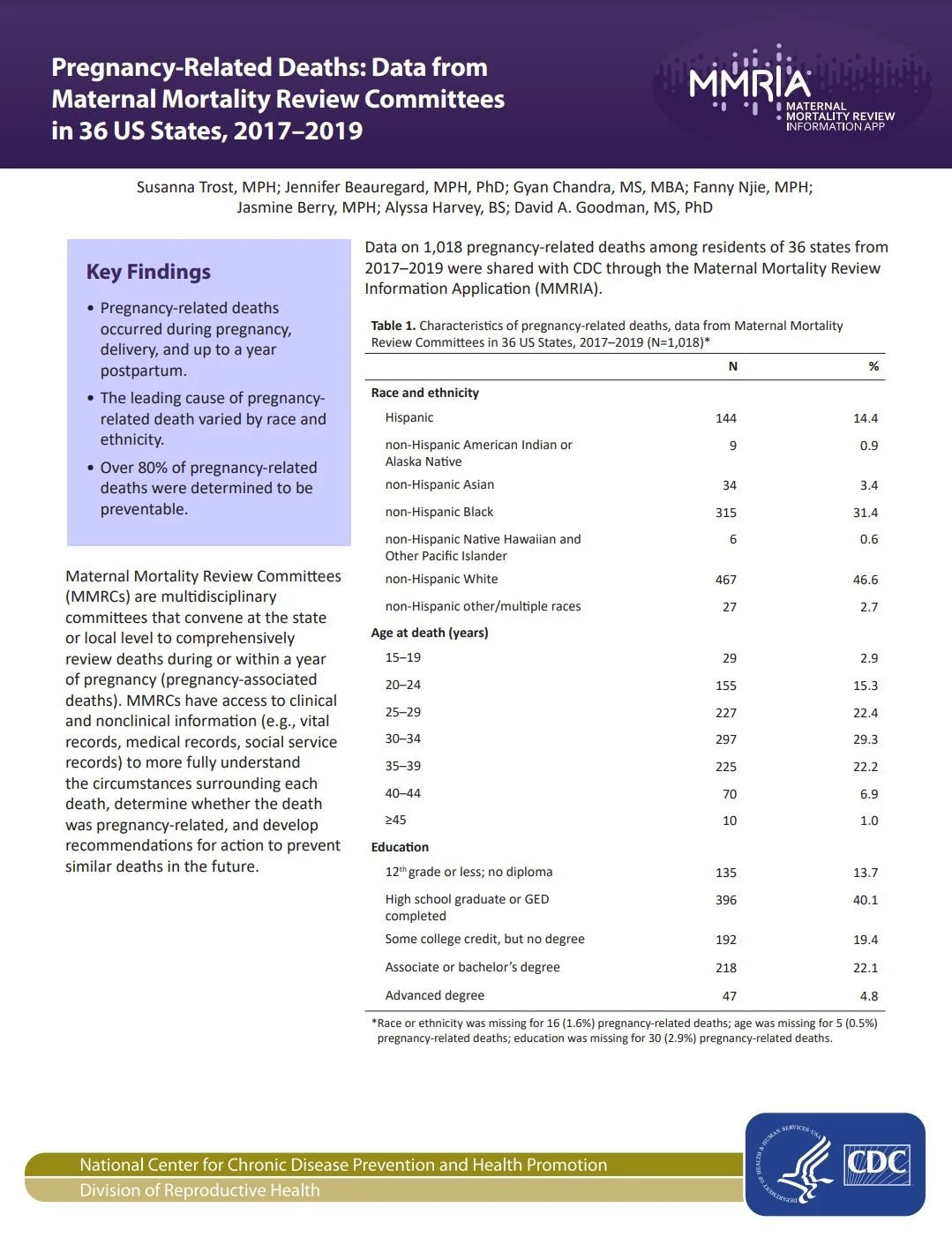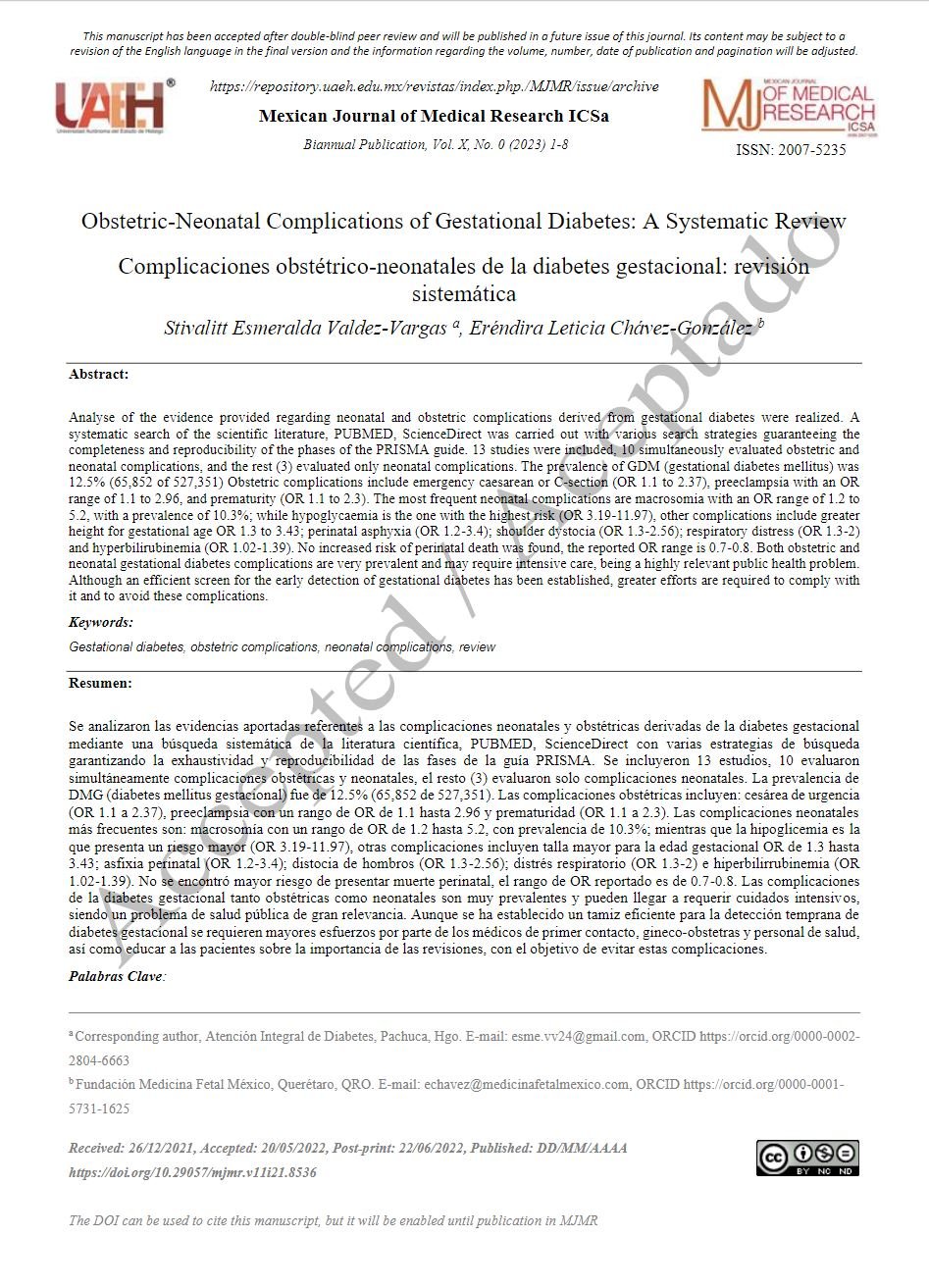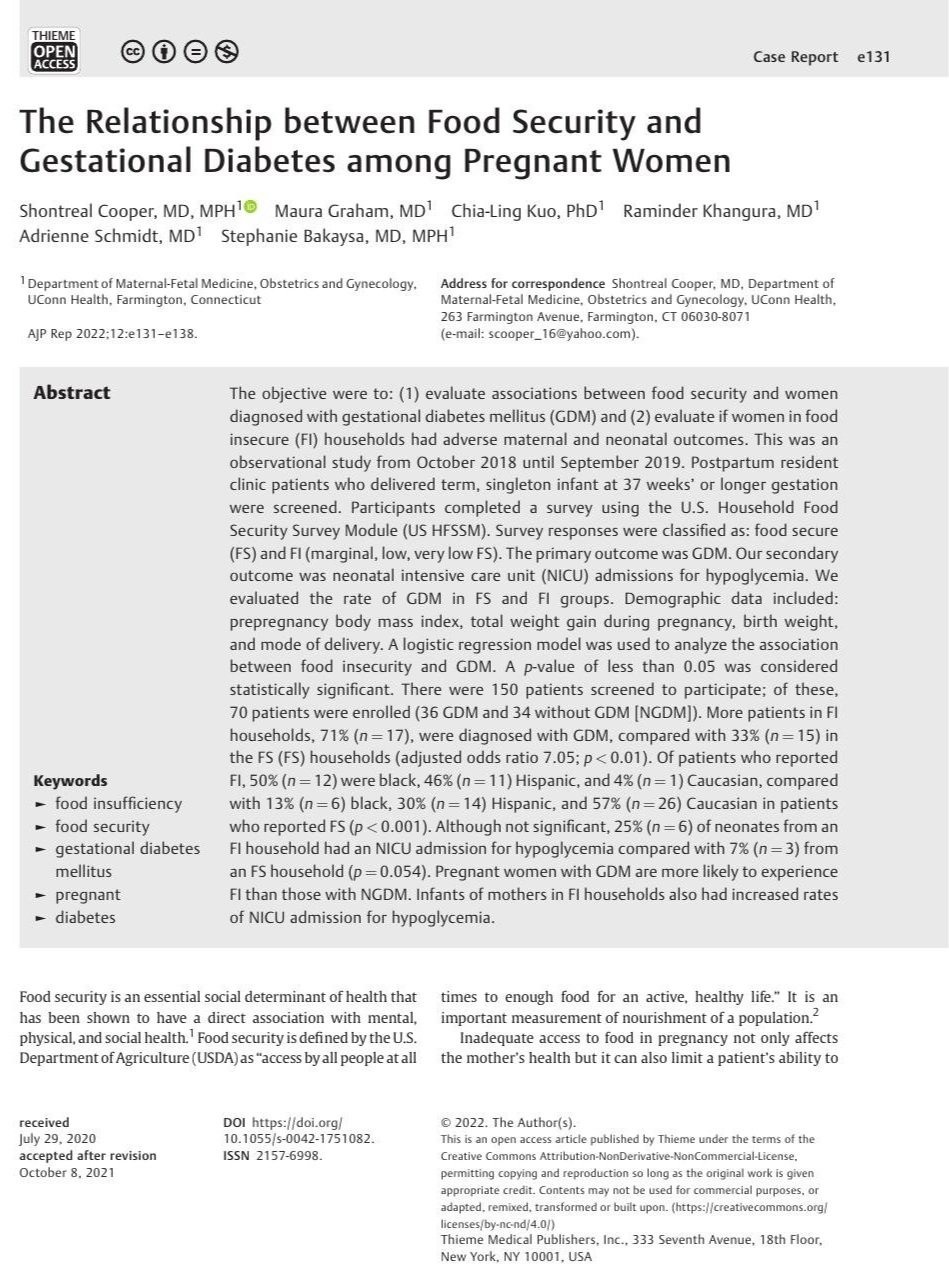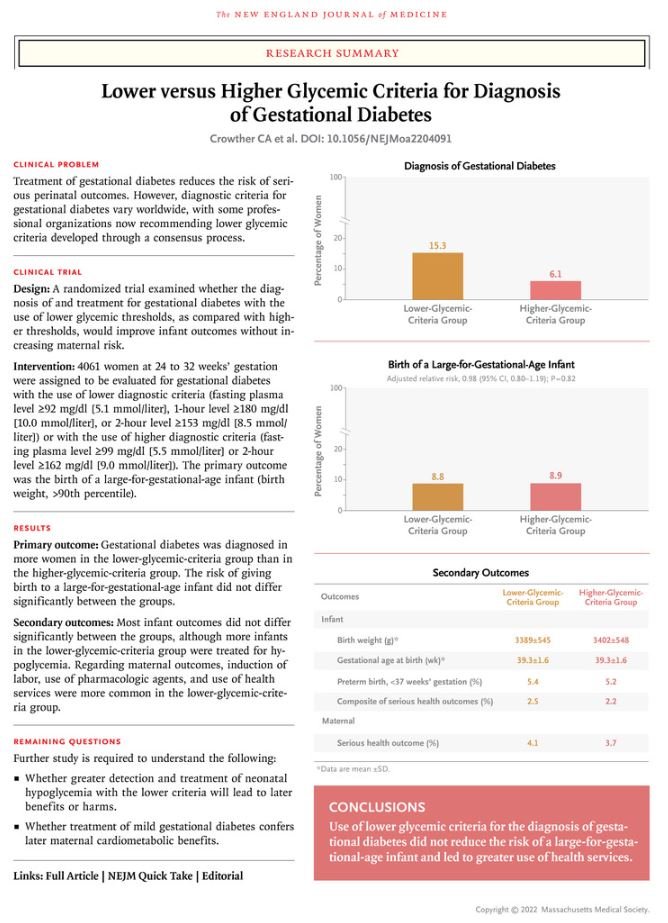Join us in advancing our understanding of pregnancy-related conditions
Are you interested in advancing our understanding of maternal health? Get notified about upcoming studies by signing up below.
THE STATISTICS ARE ALARMING. WOMEN DIAGNOSED WITH GDM HAVE...
greater likelihood of an emergency C-Section
(J Obstet Gynaecol Res 2012)
1.5X
greater likelihood of having a preterm birth
(Obstetrics and Gynecology 2003)
>50%
greater likelihood of developing type II diabetes
(Centers for Disease Control and Prevention)
1.4x
LEARN MORE
OVER 80% OF PREGNANCY-RELATED DEATHS ARE PREVENTABLE ACCORDING TO A NEW CDC REPORT
nearly 7 million women in the U.S. have low or no access to maternity care and more than 1 in 3 counties have NO obstetric hospitals/birth centers and NO obstetric providers
gestational diabetes rates increased 30% between 2016 - 2020, with an increase of 13% during the first year of the pandemic alone
A retrospective study in women with GD found several independent predictors of postpartum glucose metabolism disorders + T2D such as BMI, early GD diagnosis, 3rd trimester HbA1c
Obstetric & neonatal complications SUCH AS preeclampsia, cesarean section, shoulder dyStocia & asphyxia remain prevalent among mothers with GD
A case report of 70 patients found that individuals with GD were more likely to experience food insecurity that those without
Lower glycemic criteria for the diagnosis of gestational diabetes do not reduce the risk of a large-for-gestational-age infant
PATIENTS wITH GESTATIONAL DIABETES experience stigma as overt discrimination, internalized guilt + shame. Consequences: patients are unable to follow dietary recommendations and blood glucose logging, experience social isolation, and have worsened mental health
Dysregulated exosomal miRNAs in plasma from GDM pregnant women might influence the insulin and AMPK signaling pathways and could contribute to the early prediction of GDM
Managing GD in 2019 cost the u.s. $4.8 billion - the third highest condition after mental health and hypertensive disorders
we are currently recruiting patients
who have delivered within the past 12 months
and are experiencing symptoms of postpartum depression (sadness, hopelessness, loss of enjoyment)
Get notified about upcoming studies!
Stay in the loop on upcoming study opportunities.










